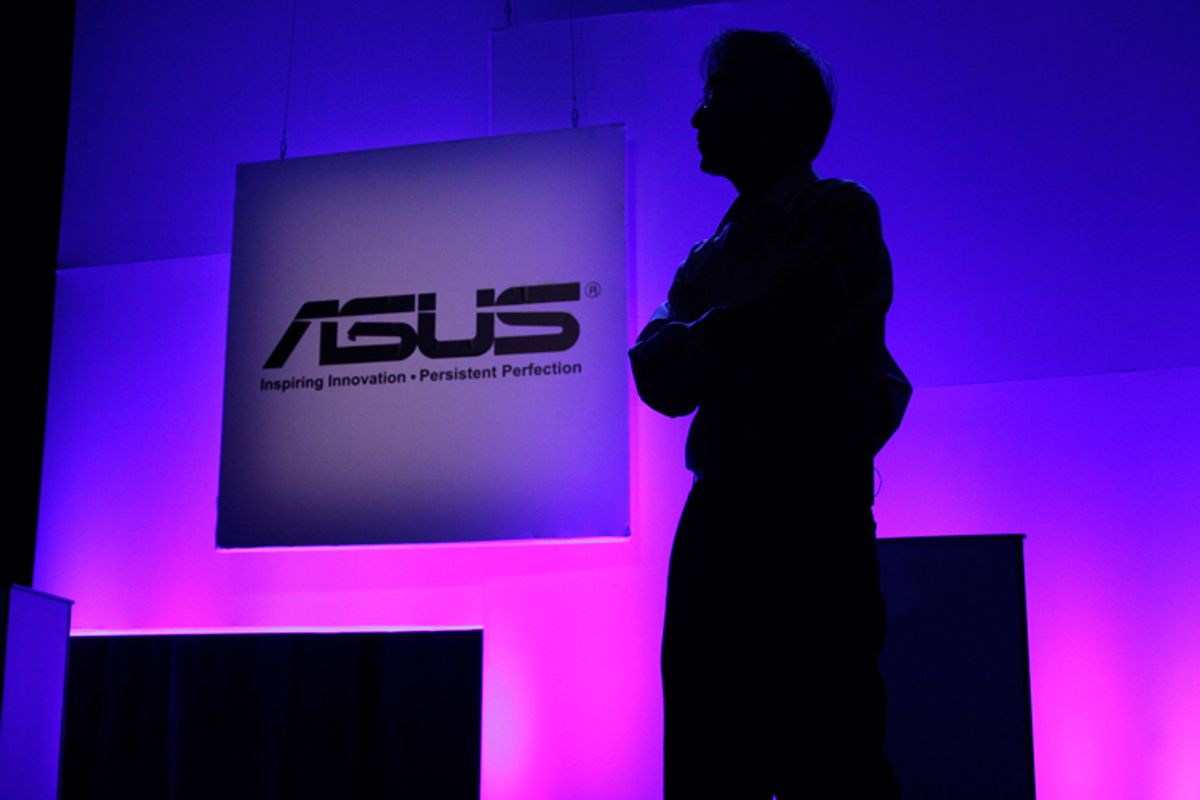Back in the 1990s, when I was a business and technology columnist for Silicon Valley's daily newspaper, I felt pretty much obliged to make an annual pilgrimage to Las Vegas for a trade show called Comdex. It was a gathering of the personal-computer industry tribe -- a gargantuan event that sprawled over multiple venues. Local hotels were fully booked, at outrageous prices, and the waits for taxis taxed the patience of even the most easygoing people.
Comdex faded away after the turn of the century, for many reasons including the bursting of the technology bubble. But another mega-event has taken its place in recent years: the Consumer Electronics Show (CES). And even more than Comdex in its heyday, CES has become the must-attend event for people who want to experience the zeitgeist of where personal technology is heading. The crowds and annoyances haven't gone away, but here we are.
This year's CES, which starts this evening with a keynote by Microsoft CEO Steve Ballmer, tells us a story of convergence and heightened competition. Technology is infiltrating more and more parts of our daily lives, far beyond the electronic gadgets we routinely use: PCs, smart phones, tablet computers and all of the other networked devices that form the heart of today's communications and collaboration. We're embedding increasingly powerful electronic brains into our kitchens, our cars, our bodies and the larger environment -- just about everything else that can benefit from added intelligence -- and we're connecting it all via digital networks. CES celebrates these trends.
Convergence and competition are nothing new in this field; when digital technology is the core of a business, companies have a way of invading what had been perceived as other people's turf. It came as no shock to anyone who was paying attention some years ago when companies like Hewlett Packard started selling digital cameras. So it's no big surprise this year to see Vizio, a company that has risen from what looked like nowhere to become a major seller of televisions, moving into the adjacent business of tablet computers and even smart phones. For the same reason, it's not a shock to see Vizio (and every other TV maker) putting all kinds of Internet-related features into tomorrow's televisions.
Vizio and other TV makers are trying to do what so many others have done: blur the formerly distinct lines between devices, in part by creating ecosystems around their products. If you are the center of an ecosystem, where others create products that support what you're doing, you have an advantage. Two examples: OnLive, a Silicon Valley company that offers a sophisticated online gaming platform, is putting its system into Vizio's new TVs; and Panasonic has embedded Skype into some of its TVs (announced at last year's CES).
Vizio's tablet, like so many others that have become one of the show's themes this year, will be based on Google's Android operating system, which is surging in use by hardware makers around the world. Vizio specializes in selling solid but not spectacular hardware for a very fair price, and its move into the computer business is a wake-up call for companies like Samsung, which got an early start in the Android tablet business with its Galaxy Tab. An early start in a nascent trend, however, is just about meaningless unless you're Apple, when you almost literally create the trend (as with the iPad).
Another big trend for CES will be 3-D televisions. Years ago, flat-panel TVs were everywhere at the event, long before they were affordable for people's homes. But technology seems to be accelerating these days, and in the near future it won't cost much for manufacturers to add 3-D capabilities. Look for this to be a part of every new set before long. An important element in this adoption will be "passive glasses" that will replace the bulkier "active-shutter" glasses that have been required to see 3-D television.
I've been to several keynotes by Microsoft's Ballmer, and while he's often been on the mark about what technologies will be big in the coming year, his company has been way behind the curve in doing them. This is especially true in tablet computers and mobile phones. In the latter category, Microsoft has made huge strides with its Windows Phone 7 operating system (I'll be reviewing one of these phones soon), but it's still way behind in the tablet world. Rumors have it that Ballmer may announce a TV system based on some version of the Windows operating system. The TV forays by Google and Apple have not been impressive so far. So Microsoft has a real chance to make inroads in a market where it needs to play.
Some of the most intriguing things to see at CES are not from major companies. I make it a practice to visit booths in the show's outer fringes, where booth space is more affordable for the exhibitors and hungry upstarts often show things that turn into big deals later on. I'll let you know what I find.
Meanwhile, if you're a gadget freak, there's an unbelievable supply of breaking news from CES. And now, back to the madness.
Disclosures: Kodak has paid some of my travel expenses to attend CES, and I'm speaking on a Kodak-sponsored panel (and receiving an honorarium) later this week. In addition, I spoke to the CES Board of Industry Leaders in 2009, and received an honorarium for that as well.



Shares